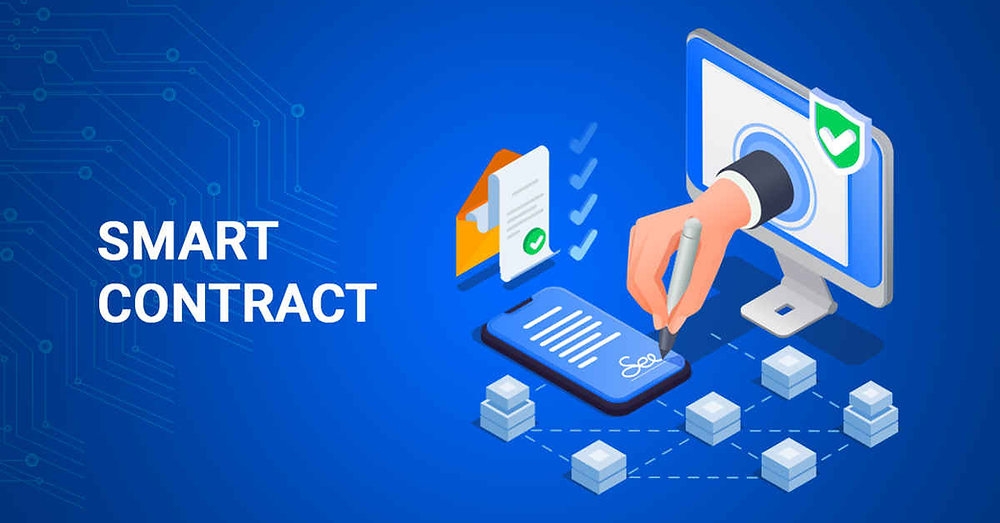INTRODUCTION
In the ever-evolving landscape of technology,Smart Contracts have emerged as a game-changer, transforming the way we conduct business, execute agreements, and verify transactions. This innovative concept, born out of the blockchain revolution, has the potential to disrupt tSmart Contracts raditional industries and create new opportunities for growth and efficiency. Smart Contracts
What are Smart Contracts?
Smart contracts are self-executing contracts with the terms of the agreement written directly into lines of code. They are stored and replicated on a blockchain, a decentralized and distributed ledger technology, ensuring transparency, security, and immutability. \allow for the automation of various processes, eliminating the need for intermediaries and increasing the speed of transactions.
Key Characteristics of Smart Contracts
- Autonomy: s execute automatically when conditions are met.
- Decentralized: are stored on a blockchain, ensuring decentralization and transparency.
- Immutable: cannot be altered or deleted.
- Transparent: All transactions and executions are publicly visible.
How Smart Contracts Work
- Creation: A smart contract is created and deployed on a blockchain.
- Triggering Event: A specific event or condition triggers the smart contract. Smart Contracts
- Execution: The smart contract executes automatically, following the predetermined rules.
- Verification: The blockchain network verifies the execution and updates the ledger.
Applications of Smart Contracts
- Supply Chain Management: Tracking and verifying goods movement.
- Digital Identity: Secure and decentralized identity verification. Smart Contracts
- Insurance: Automating claims processing and payouts.
- Voting Systems: Secure and transparent voting mechanisms.
- Real Estate: Streamlining property transactions and ownership transfer.
Benefits of Smart Contracts
- Increased Efficiency: Automation reduces processing time and costs .Smart Contracts
- Enhanced Security: Immutable and transparent, reducing fraud and errors.
- Improved Trust: Decentralized and autonomous, increasing confidence in transactions.
- Reduced Intermediaries: Eliminating the need for middlemen, reducing costs and complexity.
Challenges and Limitations
- Scalability: Limited transaction capacity and high costs
- Regulatory Uncertainty: Lack of clear guidelines and frameworks.
- Security Risks: Vulnerabilities in smart contract code.
- Complexity: Difficulty in understanding and implementing
The Future of Smart Contracts
As the technology continues to evolve, we can expect:
- Increased Adoption: Mainstream acceptance and integration.
- Improved Scalability: Solutions for increased transaction capacity.
- Regulatory Clarity: Clear guidelines and frameworks for smart contract development.
- Advanced Security: Improved security measures and protocols.
Conclusion
s have the potential to revolutionize the way we conduct business, execute agreements, and verify transactions. While challenges persist, the benefits of this technology are undeniable. As we move forward, it is essential to address the limitations and continue innovating, ensuring the widespread adoption of and their transformative power.



